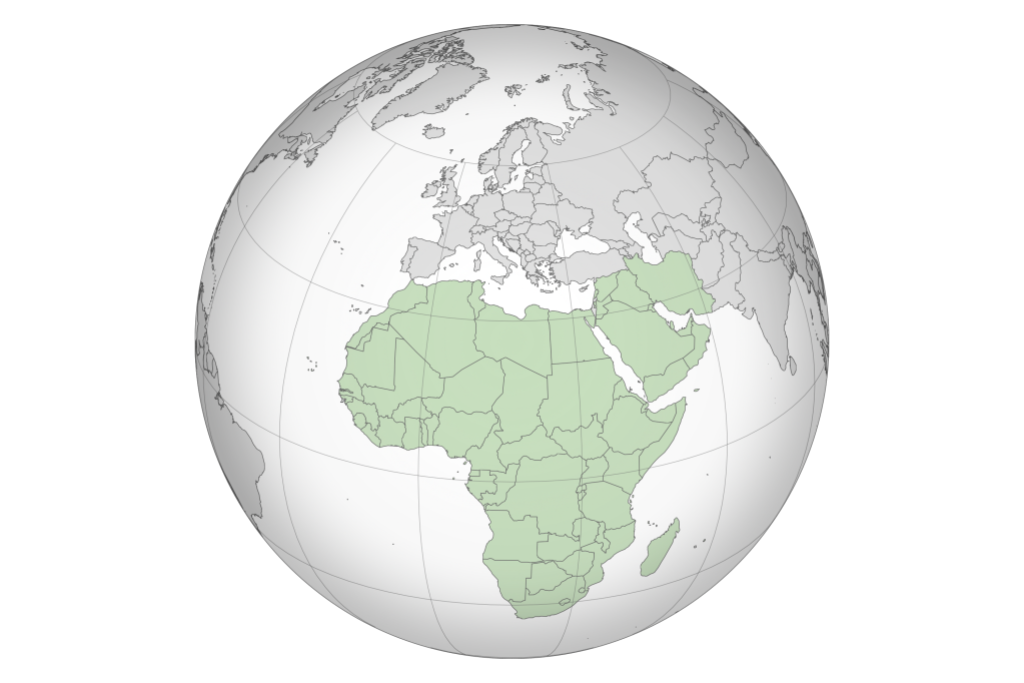
It’s nearly an year since the Wikimedia Foundation, through the Community Resources Team rolled out a new community funding strategy, which has been aimed at decentralizing decision-making, working with regional committees, and reaching underrepresented communities.
As promised, the process continues to be iterative as we remain eager to learn and engage with communities to identify what’s working and what needs to change.
The introduction of the regional committees has been one of the most notable changes and what better way to reflect on the impact of the revised funding strategy in the Middle East and Africa (MEA) region, one year later, than through the eyes of the regional committee.
Below are some of the reflections shared by a section of the 12-member MEA regional Funds Committee.
Diversity and collaboration
“Sitting in the regional committee you get to see the true value in the learning sessions, which illustrate the diversity of our communities,”
User:Azogbonon, Benin Wikipedian and Member of regional committee
A new way of working has now emerged with the regional committee members feeling autonomous, empowered and satisfied with their role and how they managed to work with the different teams. Says User:NANöR, a member of the Arabic User Group, grants committee, and Wikimania 2022 COT.
“I can speak so much more about the impact of having worked in this process. I like the strategies used to connect the communities together and I liked the deliberation sessions we did together. These sessions help us think globally on what we need and what our movement should focus on.”
So what has changed?
Increased movement funding
We now have various categories of funds that include the Alliance and Research Funds and the creation of Regional Funds Committees. We for instance increased the funding caps for the Rapid Fund program from the previous $2000 to $5,000 to support implementation of projects with larger scopes or long term planning needs. Additionally, we reviewed the criteria of accessing grants towards embracing more trust and recognizing that each community context called for different resource needs.
This revised approach has seen more funds distributed to communities and individuals keen on developing and growing communities.
For the MEA regional funding committee, funds were distributed in line with the initial goal of more equitable distribution. This year there was increased funding to the Middle East and Africa regions through the Wikimedia Community Fund [Rapid Funds and General Support Funds] from $784,000 in the previous fiscal year to $1,949,000. The increase in funding can be attributed to the grantee partners seeking to develop and strengthen organizational and operational capacities, innovate and experiment new programs and scale existing ones to support their communities. Organized groups and communities accessed general support funds , amongst them new grantees receiving general support funds such as Wikimedians of United Arab Emirates User Group, Wikimedia Community User Group Rwanda, Wikimedia Morocco User Group, Yoruba Wikimedians User Group, Wikimedians of Cameroon User Group, Wikimedia Community User Group Nigeria, Wikimedia Community User Group Guinea Conakry.
Among the communities funded include those seeking to activate communities in countries in the Middle East and in Africa and also in regions where there are opportunities to create awareness of Wikimedia projects. These include; Oman, United Arab Emirates, Lebanon, Mozambique, Namibia, Burundi, Cameroon, Chad, Mozambique, Democratic Republic of Congo, South Sudan, Sudan, Togo and Zimbabwe.
In the two rounds of funding 23 grantee partners received general support funds, 17 of them receiving long term funding for the first time to support their work with communities.
Regional Committees
The creation of Regional Funds Committees, who are involved in the process of making decisions about funding as well as provide guidance to applicants has decentralized decision-making regarding funding in the movement and helped introduce contextualized perspectives.
We acknowledge that each region is unique and the journey to reach and serve underrepresented communities – who now have a new found proximity and people with more regional context and there is a continuous process of learning and iteration aligned with the principles of the movement strategy.
Lets Connect – Peer Learning
The need for capacity building as captured in the Movement Strategy Recommendations continue to be a priority especially among emerging and underrepresented communities. We have also early this year introduced a Peer learning network , Let’s Connect Peer Learning aimed at sharing knowledge and skills.
“The feedback I heard from some people is that they were not aware or didn’t know how to secure grants… some felt the information provided was complicated and they didn’t know how to navigate it and they also felt that grants were always given to the same regular people, and no room for newbies so it was not worth it” There was a need to review the programs so that newcomers found the funding programs easier to navigate and accessible,”
User:Joy Agyepong, Ghananian Wikipedian, and Member of grants committee and Affiliations Committee
We continue to create spaces for reflection and learning to support continuous strengthening of the funding programs in the region.
“Adaptation is key and through learning we find different ways of doing things in a simpler mannery”
User:NANöR
Revised Funding Cycle/ Application Template
According to Joy, the “updated funding program pages platform is very easy to navigate and the categorisation of funds makes it also easy for people to know what category they are eligible for; and also the opportunity for office hours is also brilliant idea since you’re able to give and receive great feedback or ask for information that will guide the application process”
Challenges/Concerns
We recognize the progress made and acknowledge that more needs to be done as we continue to implement our goal of having a more equitable distribution of resources to support advancing the mission of the Wikimedia Foundation.

Can you help us translate this article?
In order for this article to reach as many people as possible we would like your help. Can you translate this article to get the message out?
Start translation